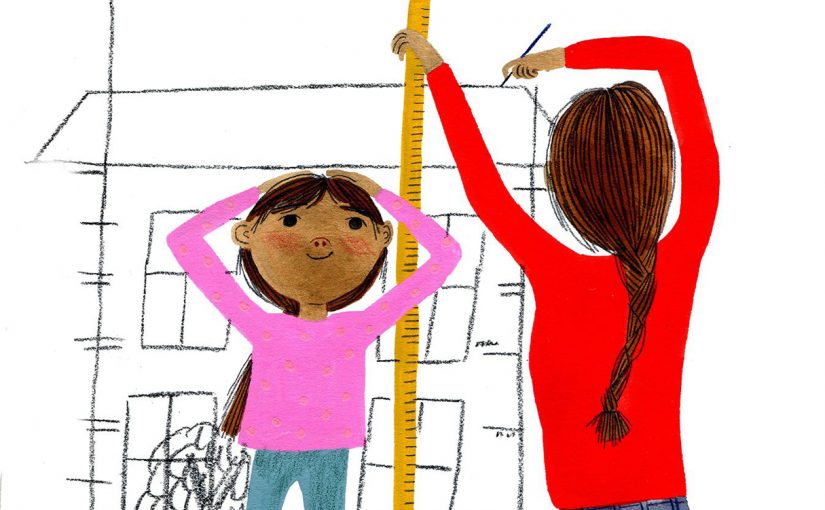A homily for the Thirty-Third Sunday in Ordinary Time, Nov. 15, 2020
Prv 31:10-13, 19-20, 30-31, 1 Thes 5:1-6, Mt 25:14-30
The best way to check if something — or someone, or you — is alive is to make sure it’s growing.
If it is, it’s alive.
But if someone is already 6-foot-7, and that’s the tallest they’re going to get, are they still growing?
If someone is truly alive, the answer is yes, because people have the God-given ability to grow intellectually, emotionally and spiritually every day of their lives. Which means, of course, that someone needs to grow in these areas to be more than merely existing.
And we should choose, consciously choose, to be truly alive.
Today’s Gospel is another of those with a short version and a longer form. We’ll get to the difference in a minute.
It’s also a Gospel with a translation that gives a great play on words. In the strictest First Century sense, the “talents” the servants’ boss gives them for safekeeping are units of treasure — money, coins — so when the first two men invest the talents and double their value, the translation stays in sync with the transaction.
And if we take the scenario at face value — that it’s good to take care of things entrusted to us, and even better to improve on them — then we will benefit from this parable. And that’s perfectly fine.
But if we chew on the dual definition of “talent” and think more about the contemporary sense of talent as a skill or an artistic flair or an intellectual aptitude, then the scenario of taking what you were given and doubling it or even more gives us hope and a challenge.
Hope that our lives will continue to be blessed with growth.
A challenge to live life to the fullest for ourselves and all of humanity.
In creating us as individuals with plentiful talents and unique skills, God expects us to use them, keep them sharp, and add to them. Perhaps add similar talents; perhaps add complementary ones; perhaps become proficient in something outside the box.
And in this, our Creator will be well pleased.
If we actively choose to grow through refining and adding to our talents, that growth will lead us to greater and greater tasks and experiences that will in turn refine and add to our talents. It’s a beautifully skyrocketing upward spiral.
Our intellectual, emotional and spiritual growth is best achieved in the service of others, especially our brothers and sisters whom society judges to be Others, Outcasts, Undesirables. When we bring them back to life, we enliven ourselves.
Now, as I mentioned, we have short- and long-form options for this Gospel. The upbeat version — the short form — focuses on the servant who doubled the master’s five talents. The short form ends with the five-talent-doubler getting kudos. He gets high praise and more responsibility. I hope that means he gets a raise and a corner office, or at least a better parking spot.
The long form gives us a much fuller reckoning. It has the man entrusted with five talents giving his boss 10, the man with two giving his boss four, and the man with one giving the boss back the exact same one. Five-Times-Two and Two-Times-Two both get pats on the back and promotions for their investment savvy.
But the man with the single explains that he knew the boss is demanding and would be extremely displeased if the servant lost the one talent, so he did something totally safe with it.
And the boss goes ballistic, tossing this man onto the bread line.
Hmmm.
On one hand, the boss should have shrugged and understood the man’s conservative decision, given the boss’s attitude toward money. The boss could have left this man on the loading dock or in the mailroom, because that’s what would suit his skill set best. And that would have been OK, because we know we all have different strengths and weaknesses, and all work deserves respect.
So viewed this way, the boss’s actions were unjustified and un-called-for.
And if we stick to a First Century transactional model, we’re justified in going Pfffft! to the boss.
But if the boss is God, and we’re any of the servants, and it’s the pandemic-stricken 21st Century, then the question we have to answer becomes: What have we done to double the quality of life for everyone around us with the talents we have been given?
And with five talents, two talents or only one, each of us can and must light the fuse of that upwardly spiraling skyrocket. So all of us can grow.
